In the ever-evolving digital landscape, businesses are constantly seeking the most effective strategies to increase their online visibility and drive growth. Two of the most popular approaches are Search Engine Optimization (SEO) and Pay-Per-Click advertising (PPC). As we navigate through 2024, the debate of SEO vs. PPC continues to be a hot topic among marketers and business owners alike. In this comprehensive guide, we’ll explore the pros and cons of each strategy, examine relevant statistics, and help you determine which approach might be the best fit for your business.
Understanding SEO and PPC
Before we dive into the comparison, let’s briefly define these two digital marketing strategies:
Search Engine Optimization (SEO) is the practice of optimizing your website and its content to rank higher in organic search engine results. The goal is to increase visibility and attract more qualified traffic to your site without paying for ad placements.
Pay-Per-Click (PPC) advertising, on the other hand, involves placing ads on search engine results pages or other websites and paying a fee each time a user clicks on your ad. Google Ads is one of the most popular PPC platforms, allowing businesses to bid on keywords and display their ads to users searching for related terms.
SEO vs. PPC: Pros and Cons
To answer the question, “Which is better, PPC or SEO?”We need to examine the advantages and disadvantages of each approach.
SEO Pros:
- Long-term benefits: Once you achieve high rankings, you can maintain them with ongoing optimization efforts.
- Cost-effective in the long run: While initial investments can be significant, SEO can provide a steady stream of organic traffic without ongoing ad spend.
- Builds credibility and trust: Users often trust organic search results more than paid ads.
- Higher click-through rates: Organic listings typically receive more clicks than paid ads.
SEO Cons:
- Time-consuming: It can take months to see significant results from SEO efforts.
- Constantly changing algorithms: Search engines frequently update their algorithms, requiring ongoing adaptations.
- No guaranteed results: Rankings can fluctuate, and there’s no guarantee of maintaining top positions.
- Difficult to target specific demographics: SEO is more about targeting topics and keywords than specific audience segments.
PPC Pros:
- Immediate results: Ads can start driving traffic as soon as your campaign is live.
- Highly targeted: You can specify demographics, locations, and even the times your ads appear.
- Easy to measure and optimize: PPC platforms provide detailed analytics for quick adjustments.
- Predictable costs: You control how much you spend and only pay when someone clicks your ad.
PPC Cons:
- Ongoing costs: You need to continually pay for traffic, which can add up quickly.
- Ad fatigue: Users may develop “ad blindness” and ignore paid listings.
- Limited ad space: You’re competing for a finite number of ad positions.
- Potential for click fraud: Competitors or bots might click your ads, wasting your budget.
SEO vs. PPC Statistics
To further illustrate the differences between these strategies, let’s look at some relevant statistics:
- Organic search drives 53% of all website traffic, while paid search accounts for 15% (BrightEdge, 2023).
- 70-80% of users ignore paid ads and focus on organic results (Search Engine Journal, 2024).
- The average click-through rate for the first position in Google’s organic search results is 31.7%, compared to 2% for the top paid ad (Advanced Web Ranking, 2023).
- 49% of marketers report that organic search has the best ROI of any marketing channel (Search Engine Journal, 2024).
- PPC visitors are 50% more likely to purchase something than organic visitors (Unbounce, 2023).
These statistics highlight the strengths of both SEO and PPC, showing that each has its place in a comprehensive digital marketing strategy.
Is SEO a Better Investment than PPC?
The answer to this question largely depends on your business goals, budget, and timeline. Let’s break it down:
When SEO Might Be Better:
Long-term strategy: If you’re looking for sustainable, long-term results and have the patience to wait for them, SEO can provide excellent ROI over time.
Limited budget: Once you’ve invested in optimizing your site and content, organic traffic doesn’t require ongoing ad spend.
Building authority: If establishing your brand as an industry leader is a priority, SEO can help you create valuable content that positions you as an expert.
When PPC Might Be Better:
- Quick results needed: If you’re launching a new product or need to drive traffic quickly, PPC can deliver immediate visibility.
- Specific targeting required: PPC allows for precise audience targeting based on demographics, interests, and behaviors.
- Testing and data collection: PPC campaigns can provide quick insights into which keywords, ad copy, and landing pages perform best.
SEO vs. PPC Examples
To illustrate how these strategies work in practice, let’s look at a couple of examples:
Example 1: Local Business
A new local restaurant wants to increase its visibility in the area. They could use SEO to optimize their website for local search terms like “best Italian restaurant in [City Name]” and create content about local events and cuisine. Simultaneously, they might run PPC ads targeting people searching for “restaurants near me” during dinner hours.
Example 2: E-commerce Store
An online clothing retailer might use SEO to rank for long-tail keywords related to specific products, such as “sustainable women’s summer dresses.” They could complement this with PPC campaigns for more competitive, high-intent keywords like “buy designer dresses online” to capture users who are ready to make a purchase.
PPC vs. SEO Salary: A Career Perspective
For those considering a career in digital marketing, it’s worth noting the salary differences between SEO and PPC specialists:
The average salary for an SEO specialist in the US is around $65,000 per year (Glassdoor, 2024).
PPC specialists earn an average of $68,000 per year in the US (Glassdoor, 2024).
While the salaries are comparable, PPC specialists often command slightly higher salaries due to the technical nature of managing ad campaigns and budgets.
The Power of Combining SEO and PPC
Rather than viewing SEO and PPC as competing strategies, many successful businesses use them in tandem to maximize their online presence. Here’s how SEO and PPC can work together:
- Use PPC data to inform SEO: PPC campaigns can quickly show which keywords convert well, helping you prioritize your SEO efforts.
- Dominate search results: By ranking organically and running ads, you can occupy more real estate on the search results page.
- Retarget organic visitors: Use PPC to show ads to users who have previously visited your site through organic search.
- Cover all stages of the buyer’s journey: Use SEO for informational content and PPC for high-intent, transactional keywords.
Conclusion: Making the Right Choice for Your Business
In the SEO vs. PPC debate, there’s no one-size-fits-all answer. The best approach depends on your specific business goals, resources, and target audience. Here are some final considerations:
If you’re looking for long-term, sustainable growth and have the time to invest in content creation and optimization, SEO should be a core part of your strategy.
If you need quick results or want to target specific demographics precisely, PPC can deliver immediate visibility and conversions.
For most businesses, a balanced approach that leverages both SEO and PPC will yield the best results, allowing you to capture both short-term gains and long-term benefits.
Ultimately, the key is to start with a clear understanding of your business objectives and then develop a digital marketing strategy that aligns with those goals. Whether you choose to focus on SEO, PPC, or a combination of both, continuous monitoring and optimization will be crucial to your success in the competitive online landscape of 2024 and beyond.
Ready to take your digital marketing to the next level? Seo2topp is a digital marketing agency offering comprehensive solutions to help your business thrive online. From expert SEO strategies to highly targeted PPC campaigns, we have the tools and expertise to boost your online visibility and drive meaningful results. Contact Seo2topp today to discover how we can tailor a digital marketing approach that perfectly fits your business needs and goals.




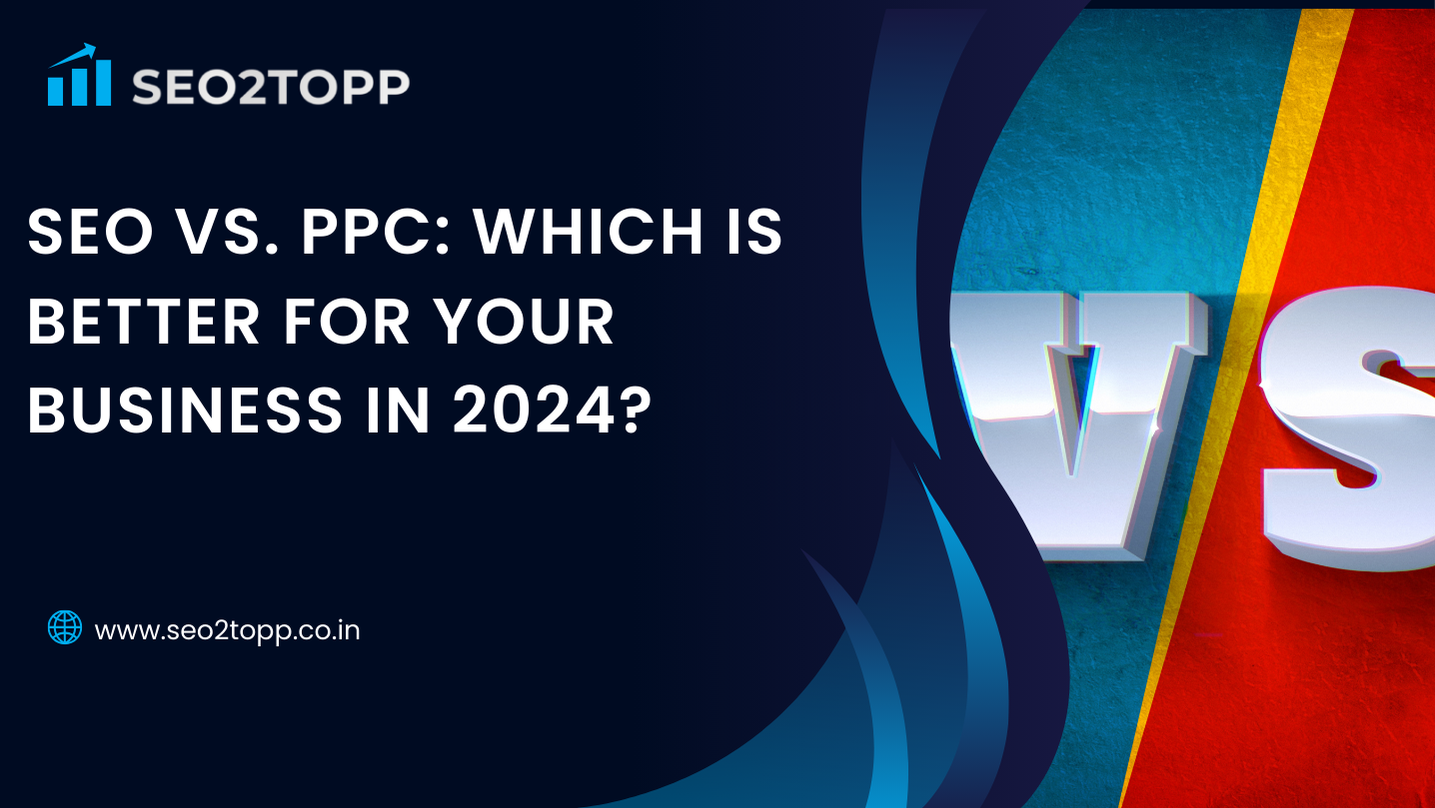


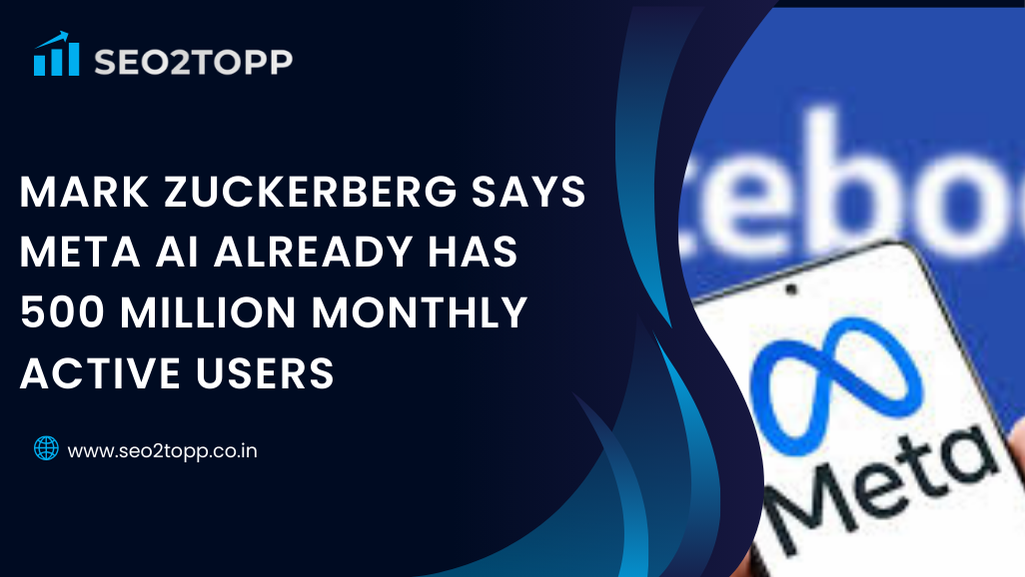
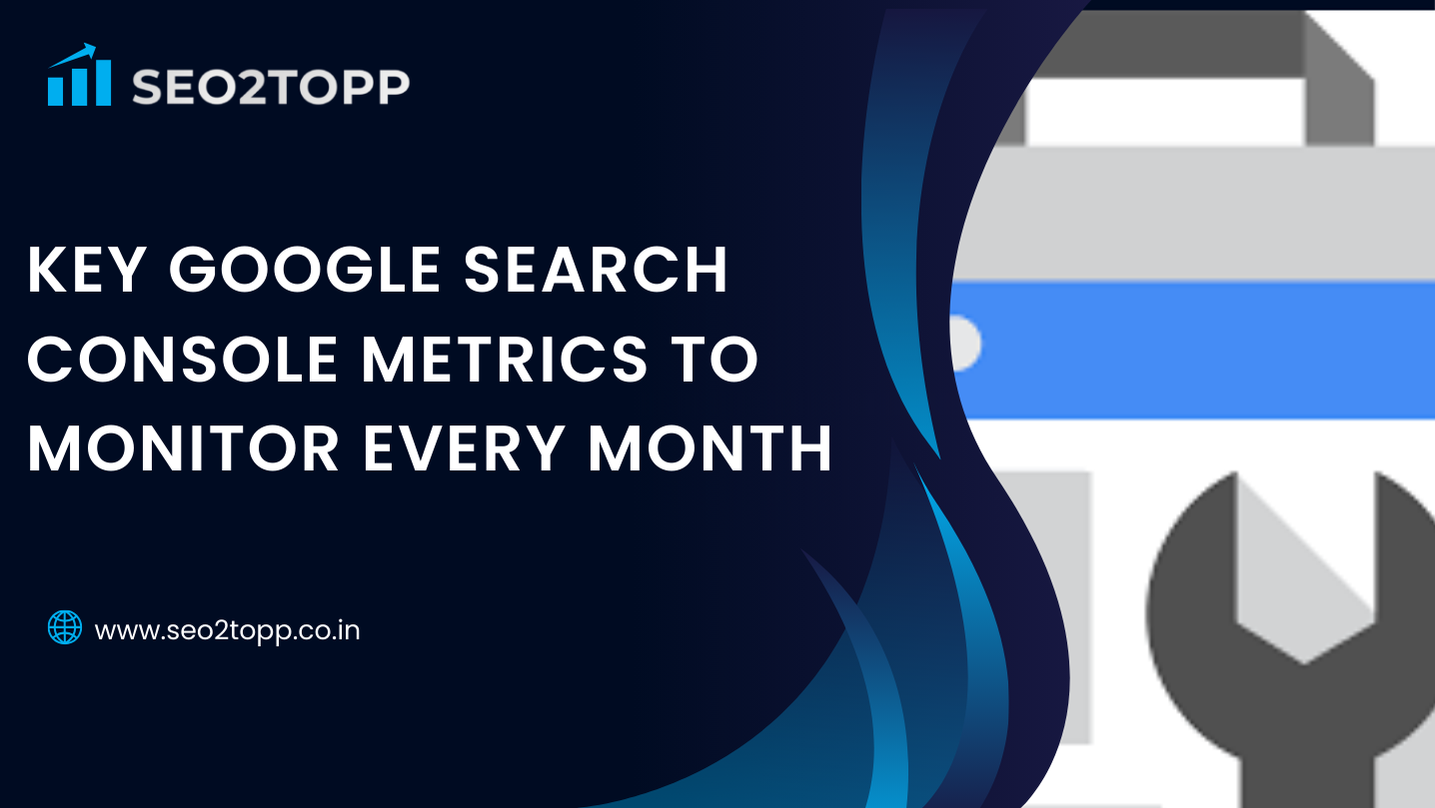
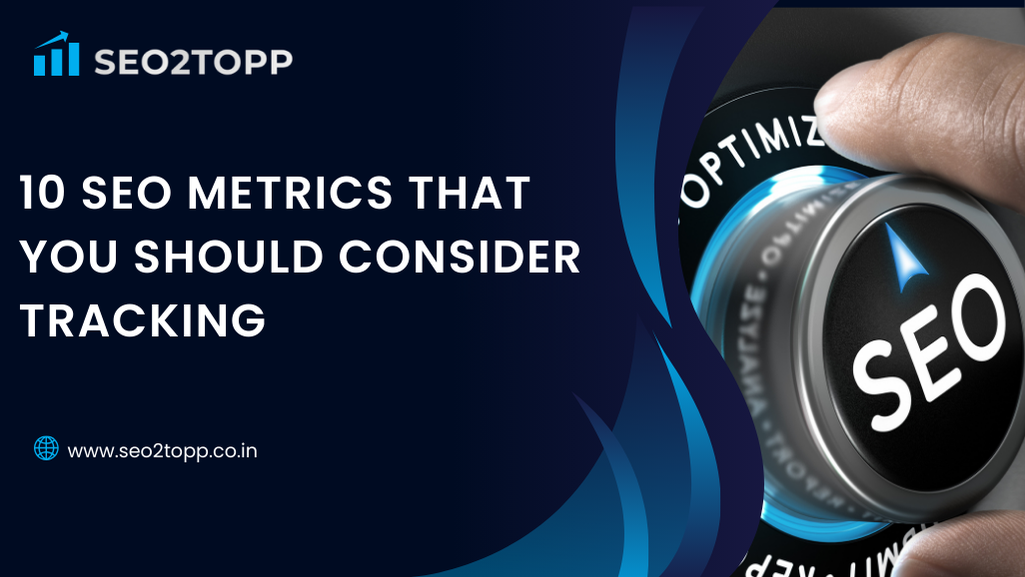
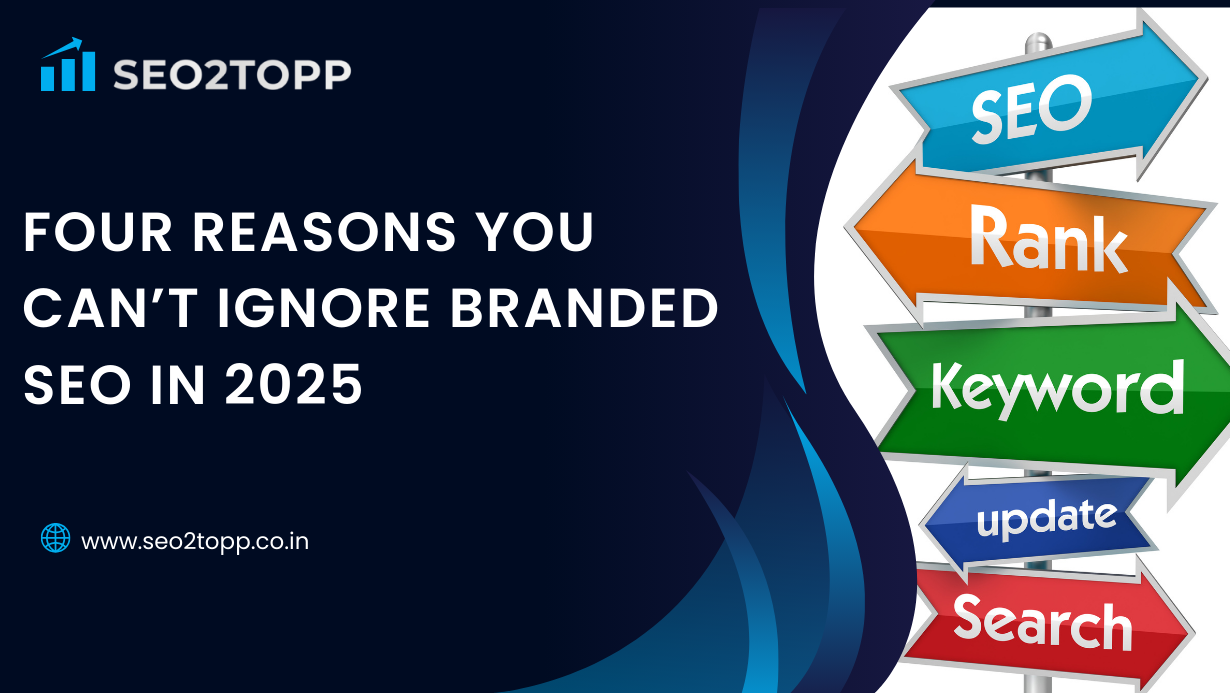
Leave a Reply